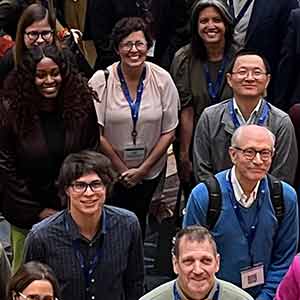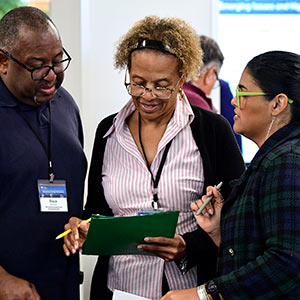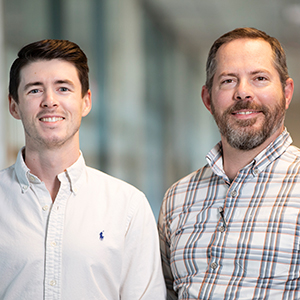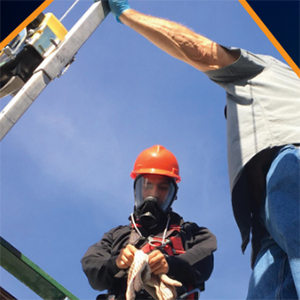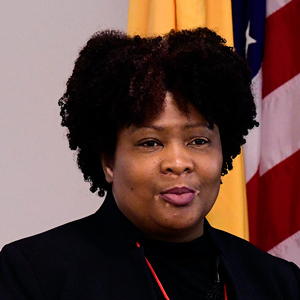In 2020, the NIEHS Environmental Career Worker Training Program (ECWTP) celebrated its 25th anniversary. The program trains people from underserved communities to protect their own health and safety in environmental careers such as site cleanup, hazardous waste removal, construction, and emergency response.
In January, NIEHS released the second of a pair of podcasts that take a closer look at the program and its impact on workers’ lives.
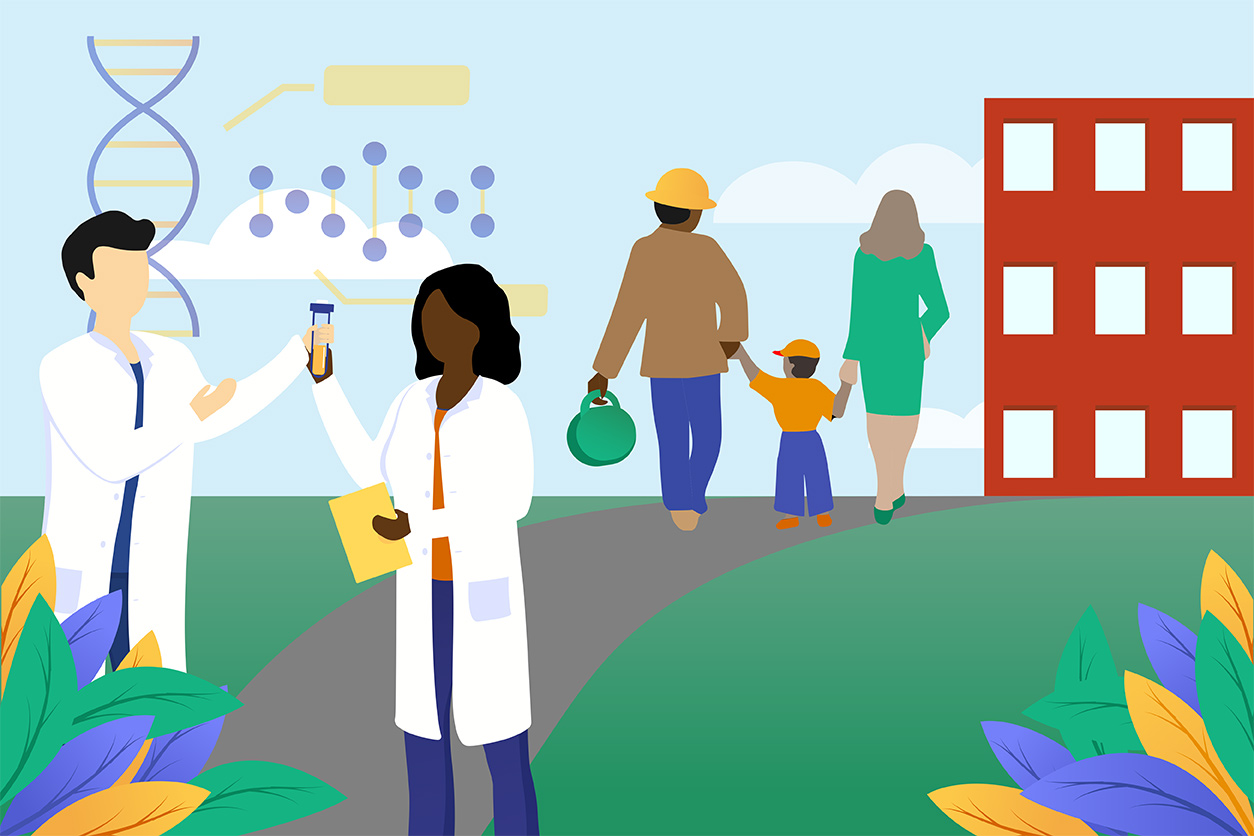 NIEHS programs train workers to protect their own health in jobs reducing pollution in environmental justice communities. (Image courtesy of NIEHS)
NIEHS programs train workers to protect their own health in jobs reducing pollution in environmental justice communities. (Image courtesy of NIEHS)Health disparities
ECWTP is one way NIEHS carries out its commitment to reduce environmental health disparities and seek environmental justice, as described in the institute’s 2018-2023 Strategic Plan.
“Environmental health disparities exist when communities exposed to a combination of poor environmental quality and social inequities have more sickness and disease than wealthier, less polluted communities,” explains the NIEHS web pages for Environmental Health Disparities and Environmental Justice grant programs.
Such communities are sometimes called environmental justice communities. When a town or district succeeds in getting environmental contamination addressed, residents trained in the right careers may be hired to do the work.
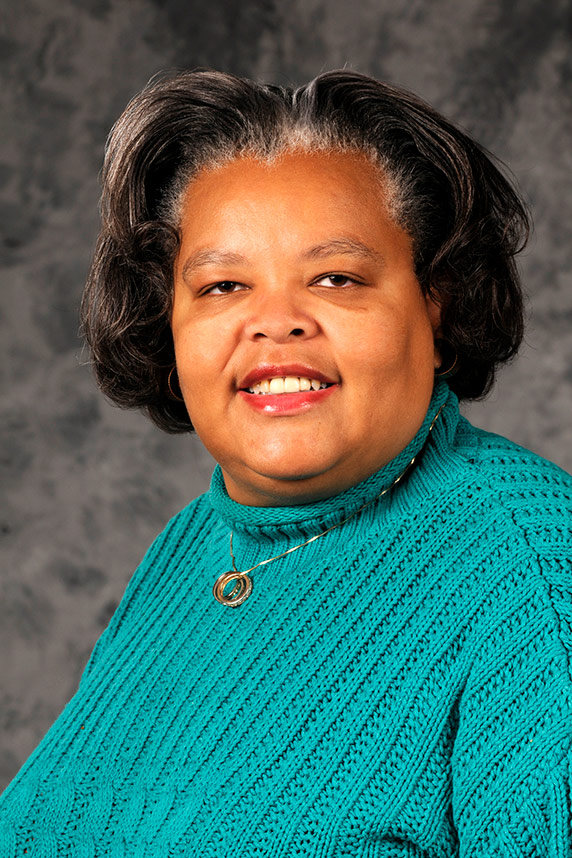 Beard is an industrial hygienist with expertise in worker health and safety, health disparities, and community engagement. (Photo courtesy of Steve McCaw / NIEHS)
Beard is an industrial hygienist with expertise in worker health and safety, health disparities, and community engagement. (Photo courtesy of Steve McCaw / NIEHS)'So, the environment and construction go hand in hand, because [residents and workers] can be involved in the cleanup, and also in the rebuilding and redevelopment of the communities,' said Sharon Beard, ECWTP director.
Martanaze Hancock
Part 1 of the NIEHS Program Builds Careers, Changes Lives podcast explored how the program enhances life skills, creates jobs, and provides sustainable career opportunities for underserved populations. The episode was released Dec. 11, 2020.
Narrator Ashley Ahearn spoke with Beard and Martanaze Hancock, one of the first ECWTP graduates. Beard and Hancock describe ECWTP’s life-changing impacts across the country. “Graduates have worked in programs like cleaning up the Gulf oil spill, responding to Hurricane Katrina and Rita,” Beard said of a training program in the Gulf area.
Through ECWTP training, workers discover that harmful exposures may happen not just on a job site, but in neighborhoods, apartments, and other places they work and play. They are more aware of effects on the health of their children and extended family.
Mayor Rocio Treminio-Lopez
Like the first episode, the sequel also looks back to the beginning of the program. Ahearn talks with Rocio Treminio-Lopez, mayor of Brentwood, Maryland, which lies just outside of Washington, D.C. Treminio-Lopez graduated from one of the first ECWTP courses offered in Spanish. She now leads a town that is almost half Hispanic, according to the 2010 census.
Both graduates shared the impact of learning how exposures to asbestos, lead, and other hazardous materials can affect human health, and how they began to see their home environments differently. “Everything was so amazing, you didn’t want to miss a day,” said Treminio-Lopez.
She said her role as mayor is about service not power. “If I cannot change the world, at least I can change this place where I live,” Treminio-Lopez said.





